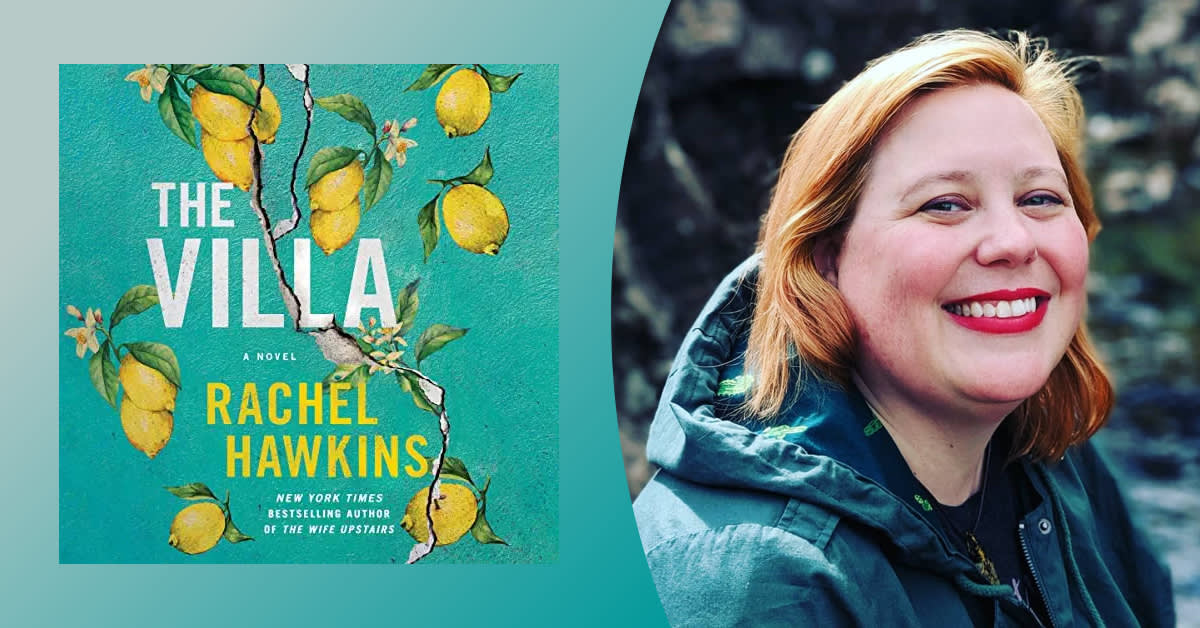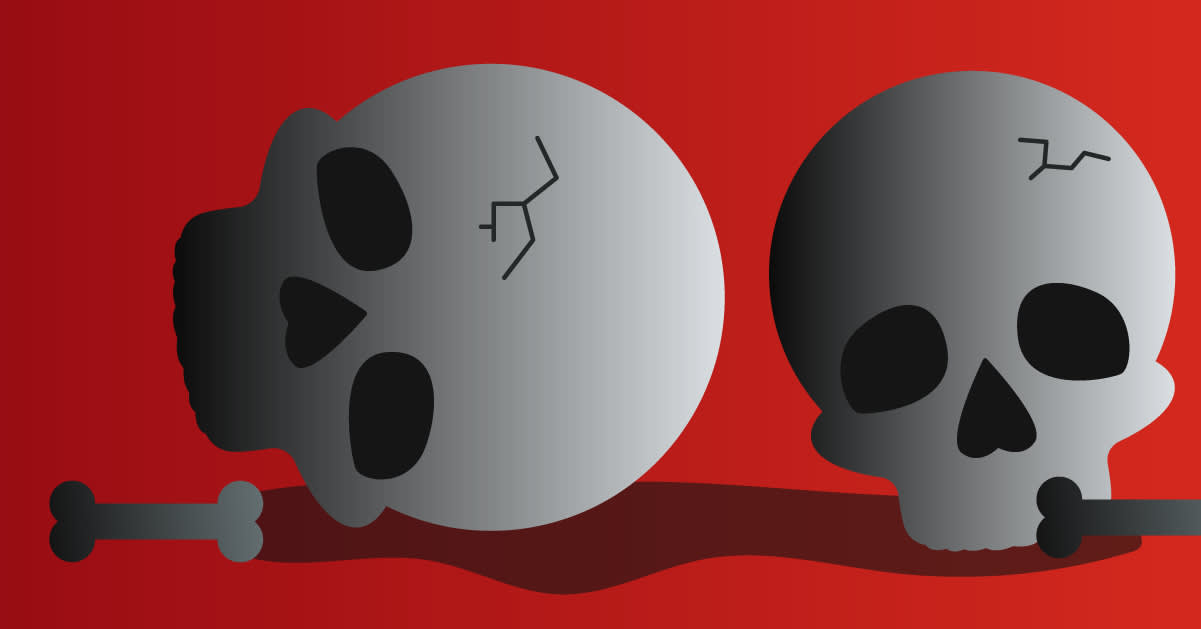Rachel Hawkins told me that her stories have a “cooking time”—that time she allows herself before she writes anything. This is fitting for The Villa, a thriller that takes place in a beautiful villa in Orvieto where one can imagine scrumptious dinners in a beautiful candlelit dining room. In the story, a group of friends and creators rent the villa in the 1970s, and a lot happens—including a murder. Fast forward to the 21st century, and two friends decide the villa is just what they need to reboot their lives and friendship. But the plan doesn’t go swimmingly.
We asked Hawkins about her writing process and how she applied it to The Villa.
In The Villa you write in so many voices, age groups, in addition to the music and writing world which, of course, you know your way around. It seems effortless, and maybe it is. I’m curious about your process. What’s the first thing you do when you’re ready to start on a new book? Do you let your characters take the lead or do you lead them?
The basic seeds of the story first started floating around in my brain in early 2020. I call that “cooking time”, but all of the Big Ideas the book deals with—female friendships, creativity, the '70s music scene, horror novels, the life of Mary Shelley—are things I've been interested in for decades.
Something will spark an "Ooh, what if?" kind of feeling, and then you realize your subconscious has been doing a lot of the prep work for you without you even knowing it. The first thing I do with every book is spend a fair amount of time just thinking about it, kind of pushing at the shape of it, asking a lot of "And then what?" I don't write things down because I honestly believe that if a scene or a plot element is meant to be in the book, I won't forget it. Sometimes this particular stage takes a month or so, sometimes it takes years, but it's the most vital part of the entire process for me. Only once I feel like I have a decent grip on the story in my head do I actually fire up a Word document and start outlining.
I know the word "outline" can feel daunting—I get it! An outline is really just telling myself the story in the simplest terms. And once I have that, I actually start writing. I think spending all that time just letting the story and the characters bump around in my brain means that it's a nice balance of me leading them and them leading me. I honestly didn't know I was going to write that last chapter until the day before I turned it in and realized that one of my characters had one more secret for me.
Friendship looms large in this book in so many combinations, moods, and there’s plenty of tension between Mari and Lara and Chess and Emily. Friendships are among the most complicated relationships in our lives; we can walk away or hang in. Are you ever tempted to treat your characters to drama-free friendships? Notice I didn’t include lovers and spouses.
I have joked that this book is, in many ways, me working through some of my own worst fears because I have so many wonderful friendships, and have been so loved and supported by the women in my life, so of course I let my characters go through the actual nightmare version of all that. Unfortunately for my characters, tension makes for more fun, so they're just gonna have to keep going through it. Although I would like to write something where all the various women who go through it in my thrillers form a book club or something.
You’ve worked with many narrators—how involved are you with the casting? How do you know when you’ve found “the one” for each character, and do you hear them as you’re writing?
I am pretty involved! I love listening to the auditions and am always so impressed with how a great audio version really enhances and enriches the story. I always know we've found "the one" when I find myself almost forgetting they're reading something I wrote. When I'm just engrossed and interested and not mentally cringing over this word choice or that dialogue tag, I'm immediately like, "Yup, this is the one!"
With The Villa, I actually suggested two of the narrators because I'd enjoyed their work so much in the past. Julia Whelan is an absolute legend, so I was so, so thrilled she was available for this one. And I'd worked with Shiromi Arserio on Beatrix Greene, and knew she'd make a wonderful Mari. The fabulous producers at Macmillan brought in Kimberly M. Wetherell to round out the cast, and I was immediately sold. It's really such a skill, making a great audiobook, and while I am admittedly biased, I think the audio production for The Villa is genuinely one of the best I've heard. I have a feeling these three narrators will be the voices in my head for a while!




